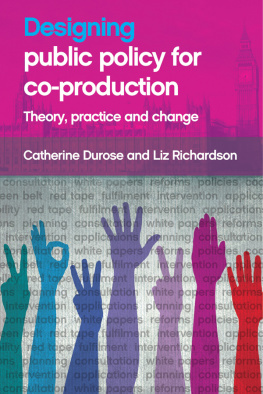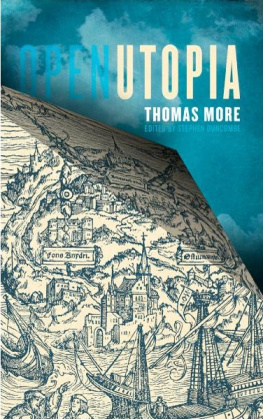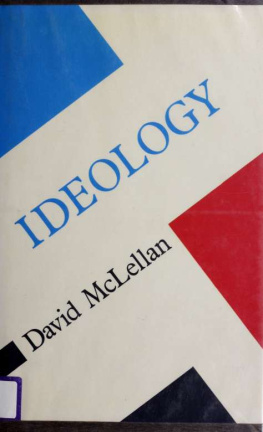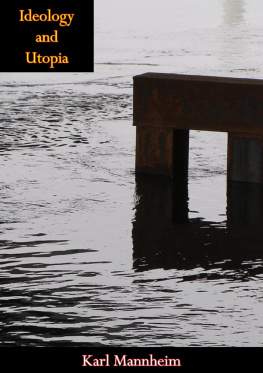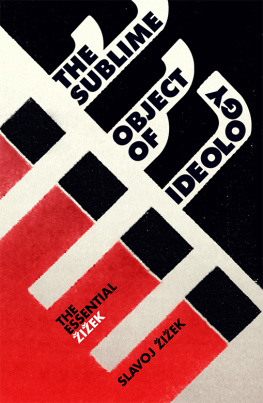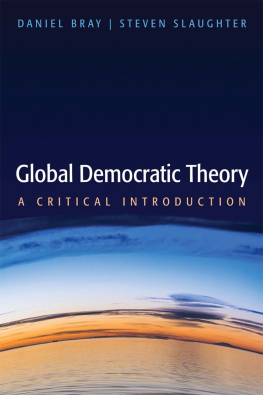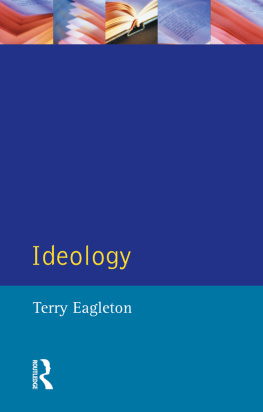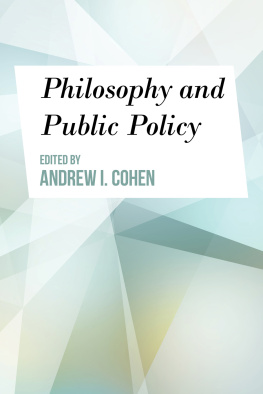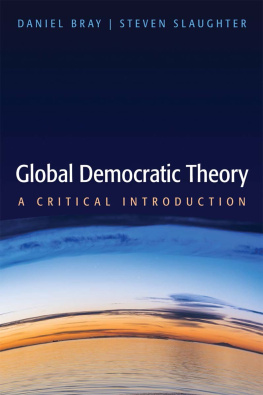First published 2000 by Ashgate Publishing
Reissued 2018 by Routledge
2 Park Square, Milton Park, Abingdon, Oxon OX14 4RN
711 Third Avenue, New York, NY 10017, USA
Routledge is an imprint of the Taylor & Francis Group, an informa business
Copyright Norman Wintrop 2000
All rights reserved. No part of this book may be reprinted or reproduced or utilised in any form or by any electronic, mechanical, or other means, now known or hereafter invented, including photocopying and recording, or in any information storage or retrieval system, without permission in writing from the publishers.
Notice:
Product or corporate names may be trademarks or registered trademarks, and are used only for identification and explanation without intent to infringe.
Publisher's Note
The publisher has gone to great lengths to ensure the quality of this reprint but points out that some imperfections in the original copies may be apparent.
Disclaimer
The publisher has made every effort to trace copyright holders and welcomes correspondence from those they have been unable to contact.
A Library of Congress record exists under LC control number: 99076646
ISBN 13: 978-1-138-71335-2 (hbk)
ISBN 13: 978-1-315-19901-6 (ebk)
Two of the principal themes and arguments of this book go back to a Flinders University political theory course on the problems of democratic theory which I taught from 1972 to 1992. The first is that the most fruitful way to classify conceptions of modern democratic government and politics is to describe them as ideological, Utopian or public philosophic. The second is that although the ideological and Utopian understandings of democracy have for several decades predominated in political rhetoric, political journalism and academic writing in English speaking nations, the public philosophic alternative provides superior insights into modern democratic government and politics, and both their positive potential and their dangers.
What is meant mainly though not solely by ideological democratic thought is formal or formalist democratic theory, sometimes described as procedural and/or empirical democratic theory. Such formalism or proceduralism sharply separates the formal institutions of democratic government from their content by reducing democratic government to its decision making procedures, principally free elections, competing parties and representative assemblies. Formalist democratic theory is made ideological (narrowly conservative) by its inherent tendency to act as an apology for and to give democratic credentials to the personnel, beneficiaries and outcomes of democracy's institutional forms and procedures, irrespective of the extent to which they may be manipulative and/or oligarchic. In the 1940s and 1950s this formalism was promoted, primarily, by American behavioural political scientists, many of whom were influenced by Joseph Schumpeter's Capitalism, Socialism and Democracy which, in 1942, redefined modern democracy as a system of competitive political elites.
Utopian democratic theory, by contrast, is overwhelmingly normative, and it conceives of democracy as a project; but the norms or standards and the goals of its adherents, it will be argued, are unrealistic, perfectionist and counter-productive. Utopian democratic theory, often described by its adherents as participatory democratic theory, became prominent in the 1960s when it was partly a reaction to the prevalent formalism, and partly an attempt to introduce into political theory and practice, and the university and other teaching of politics, the assumptions and objectives of the American New Left. By a public philosophic alternative to ideological and Utopian democratic theory is meant writing which, like that of Utopian democrats, is primarily normative but which, unlike that of the Utopians, is characterised by a psychological, sociological, political and historically based realism.
It was during the time I taught the above course on democratic theory that I became convinced that the dominant ideological-formalist and Utopian approaches to democratic theory and practice were defective. The main defect of formalist writing was and is its lack of a critical edge, and, as a consequence, its legitimating of entrenched practices, however harmful to democratic politics they and their effects may be. This concealing of deficiencies and abuses is furthered by the lack of realism of Utopian styles of thought, a lack of realism which leads to relevant objections to democratic practice being pushed aside by fanciful ones. The necessary corrective to both formalism and utopianism, I have concluded, is a realistic, normative democratic theory which serves as a public philosophy. Moreover, such an alternative does not have to be a created afresh as its fundamentals are to be found in the classic liberal and democratic texts of the last two centuries. These are texts which formalists and Utopians usually ignore, travesty or try to mould to their own purposes. But it was not until the 1990s that I began to systematically explore this liberal, democratic and public philosophic alternative to ideology and Utopia.
In preparing for and writing the book I have incurred many debts. I was stimulated by the challenge of teaching a university course on the problems of democratic theory, and I am indebted to the many students who in essays and in tutorial and other discussions responded critically and thoughtfully to the topic. A major debt is to three colleagues, Rick De Angelis and Andrew Parkin, who gave me written comments on drafts for all chapters, and George Crowder on some crucial ones. Further helpful comments on chapter drafts were made by staff and postgraduate students at some Flinders University, Politics Department, seminars.
In 1987 I presented to an Auckland annual conference of the Australasian Political Studies Association a paper, 'The Public Philosophy, Democratic Government and Democratic Theory', which foreshadowed some of this book's central arguments. Helpful comments on the paper were made, at the conference, by Jim Flynn of Otago University. A version of , was first formulated in a June, 1993, Quadrant article, 'Fukuyama's Challenge to Leftism'.
I have benefited from the assistance of the Flinders University Library staff, who, under difficult conditions, consistently maintain firstclass services. I profited from my use of the University of Adelaide's Library and I enjoyed the hospitality of its Politics Department, on two short study leaves in that department, when I undertook some preparatory work for this book. Without the efforts and good humour of the late Bill Brugger, when he was the head of the Flinders University Politics Department, I would never have embarked on word processing. Secretarial assistance has been given competently and cheerfully by Anne Gabb, Julie Tonkin and Jackie Ansaar, also of this department - now the School of Political and International Studies. Julie also assisted in the completion of the Index. Andrew Parkin, when he was the department's head, enabled me to organise my teaching so as to find time for working on the book. Since my becoming an honorary research fellow, Andrew and now David Plant, the present head of the School, have ensured that the department offers adequate facilities and an encouraging environment. John Cowan located some articles for me. David Mathieson assisted in the completion of parts of the final typescript.




